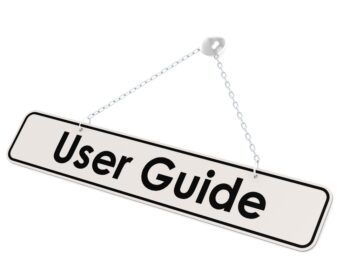
-
Prepare a brief mediation statement in advance and submit it to the mediator
A useful mediation statement does not need to be long-winded and filled with every detail about a claim. Useful mediation statements highlight the key elements of a workers’ compensation claim that include the following:
- Brief background on the employee’s educational, vocational, and medical history;
- Summary of the work injury; and
- A short narrative of the employee’s medical care and treatment. Highlight the important types of care – imaging and scans, surgeries, and overall recovery.
Click Link to Access Free PDF Download
“8 ‘Think Outside the Box’ Tactics to Settle Workers’ Comp Claims”
The cover letter should also highlight the claims being made by the employee, the defenses to the employee’s claims, and an honest assessment of these defenses. Do not include a lot of medical records – generally, the IME report will suffice. This letter is confidential and will not be disclosed by the mediator, or later on at hearing if settlement is not reached.
-
Communicate via telephone with the mediator in advance about any special concerns
Written communication has limits. This is where a telephone call with the mediator can help set expectations. Let the mediator know of any concerns you may have in terms of opposing counsel, the ability of opposing counsel to control their client, and other underlying concerns in terms of the employee’s temperament. This can also be a chance to get to know the mediator if you are not familiar with that person. Be sure to let them know what expectations you have.
-
Be honest with the strengths and weaknesses of the claim and your defenses
Open and honest communication with the mediator is necessary. They are required to keep information confidential unless you want it shared with the employee and their attorney. It is essential to have strong beliefs in your positions. These positions are sometimes not as strong as they may seem. A good mediator will share their feelings on your case, and it is important to be open to their feedback. Examples could include the use of a “notice defense,” which often seem ironclad, but quickly crumble at hearing.
-
Come to the mediation with a realistic range of possible settlement options
Mediation is a fluid process and requires all parties to quickly adapt to different situations. It is helpful if all parties are ready to defend their positions, but be open to compromise. An example of this can include the belief that future medicals will remain open after settlement. Circumstances can change if the employee is willing to close out all future medicals. This change in position can require additional monies being spent on the settlement to accommodate a significant concession by the employee. Other issues can include an employer/insurer who wants the employee to resign their employment under a global settlement. This also may require an additional sum of money to be paid.
-
Make sure all decision makers are present (or available via telephone)
Mediations will always fail if all the interested stakeholders are not available. This includes a claim supervisor if additional authority is required. It can also include an employee representative if they are a self-insured client, or covered under a high retention policy. An employer representative is also necessary if an employment release is being discussed. It is important to ensure these people are present, or will in fact be available.
-
Have confidence in the mediator and how they manage the mediation
Mediation can be an emotional process. This is true even if the claim is your “ordinary, run of the mill” case. When you have financial responsibility for the claim, emotions often cloud your decision making. Trust in the mediator and have confidence in their ability to manage the pace of the mediation. Be willing to work hard and get to “yes.”
Conclusions
Members of the claim management team are able to manage a mediation session without the assistance of an attorney. When doing so, they should properly prepare and take proactive steps in getting to settlement.

Contact: mstack@reduceyourworkerscomp.com.
Workers’ Comp Roundup Blog: https://blog.reduceyourworkerscomp.com/
©2020 Amaxx LLC. All rights reserved under International Copyright Law.
Do not use this information without independent verification. All state laws vary. You should consult with your insurance broker, attorney, or qualified professional.















